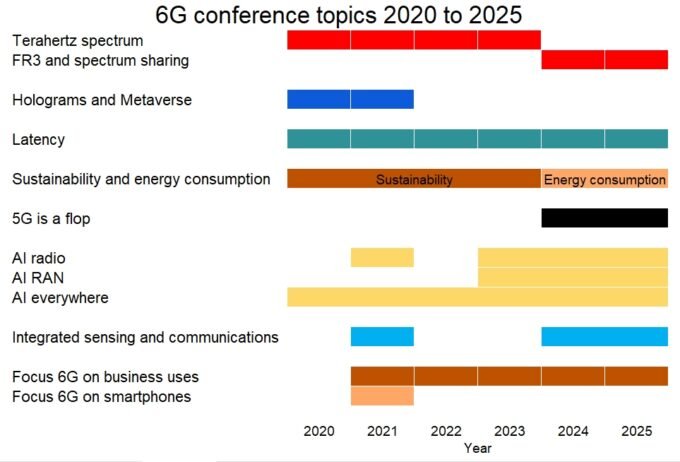People like easy stories. Rich dad, poor kid, dramatic split, instant inheritance — neat. Vivian Jenna Wilson’s life refuses to fit that tidy outline. She’s been clear: she is not on her father Elon Musk’s payroll. In fact, she’s said so publicly more than once. And no, that’s not a headline line — it’s a fact she’s returned to, again and again, with a kind of weary, dry amusement. Which, honestly, I find refreshing. It’s straightforward and a little stubborn, like someone who’d rather figure things out than cash a check.
A messy separation from a famous name
Vivian’s distancing from her dad became public knowledge around 2022. She legally changed her name and took a stand that made a lot of people pay attention — not necessarily because she wanted fame, but because the world wanted drama. She’s been outspoken about not receiving money from Elon since she came out as transgender. That detail matters: it affected how she navigated her independence. She’s said it flat out — she doesn’t get funding from him — and she seems oddly proud of that. Maybe proud is too strong; cautious satisfaction fits better. It’s complicated. People who grow up near wealth sometimes want a clean break. And sometimes they don’t get it. Vivian wanted one.
Also read: Netflix’s Frankenstein monster is surprisingly beautiful.
Working for a living (and sometimes for fun)
Around 2024 and into 2025, her public profile evolved from private person to public creator. Modeling became a real income source: she’s done campaigns for brands like Wildfang and TomboyX. Those gigs aren’t just vanity projects either; they pay. But she’s not living lavishly on modeling checks alone. When she spoke to The Cut and Vanity Fair, she described modeling and photography as things she enjoys, and also as something that helps pay the bills. There’s a modest pride in that: making money from doing something you like, rather than as a byproduct of a famous surname.
If you read her interviews closely, you’ll catch a few small contradictions — natural ones. She says she misses the “normal” life she once had, the anonymity, the low-key days. Yet she also acknowledges that the publicity opened doors. The Teen Vogue piece, she later admitted, played a real role in getting her started financially. So yes, she values privacy, and yes, publicity helped her earn. It’s a little messy, and that’s human. I think many of us would feel the tension between wanting quiet and needing the chance that noise sometimes brings.
Budget choices that look familiar
Vivian’s not pretending to be broke, but she’s not rolling in cash, either. She’s said plainly she does not have “hundreds of thousands of dollars at her disposal.” That line, delivered without melodrama, was striking — a quiet correction to anyone assuming her bank account resembles a tech billionaire’s.
Her lifestyle choices show it. She lives with roommates. She’s careful with savings. She brings up ordinary things — friends, food, shelter — as markers that she’s doing fine. I like that; it’s refreshingly mundane. It reminds us all that financial independence isn’t about flashy cars or big houses. For some people, “independent” means having the basics covered and being able to make a few discretionary choices without asking permission. That describes her.
The curious case of social media earnings
You might assume a big TikTok following equals big money. Not always. Vivian says many of her TikTok videos are not monetizable. She posts because it’s fun, not because it’s a lucrative venture — at least for now. That surprised some readers, but not me. Platform algorithms, partnership hurdles, and content rules make monetization complicated. Plus, creators often prioritize reach or expression over immediate income. She seems to be doing that: building a presence and enjoying the process. Whether that turns into a major revenue stream later is possible, but not guaranteed.
Also read: 70s Child Stars: Where Are They Now? You Won’t Believe How They Look!
Requests for help — and the awkwardness of fame
There’s a social element to fame that’s not often discussed: people think you’re a bank. Vivian’s described receiving Venmo requests and messages from people assuming she has easy access to cash. That must be strange — to be assumed wealthy while insisting you’re not financially dependent on a famous parent. I don’t envy the awkward balance of wanting to be kind and asserting boundaries. If nothing else, it reveals how quickly public perception fills in the blanks people don’t actually know about someone’s life.
A modest, self-directed future
What I take away from Vivian Jenna Wilson’s story is not drama but a kind of steady, modest agency. She’s found ways to earn that let her make choices on her own terms. Modeling, photography, occasional platform work — these are realistic, imperfect income sources. She saves where she can, lives with roommates, and keeps a circle of friends. That’s not glamorous, but it’s sustainable for a lot of young people trying to carve out their own path.
And she’s honest about the trade-offs. She misses normalcy sometimes. She also enjoys creative work that pays. She didn’t reach for an easy label — “independent” is messy, and she wears that mess. There’s a realness in that, an absence of performative wealth or scripted victimhood.
So yes, she makes money. Not from a billionaire father, but from her own efforts — modeling gigs, creative work, and slowly building a sustainable life. The sums aren’t staggering, and she’s careful about how she lives. For many readers, that’s probably relatable, and maybe even quietly admirable.














Leave a comment